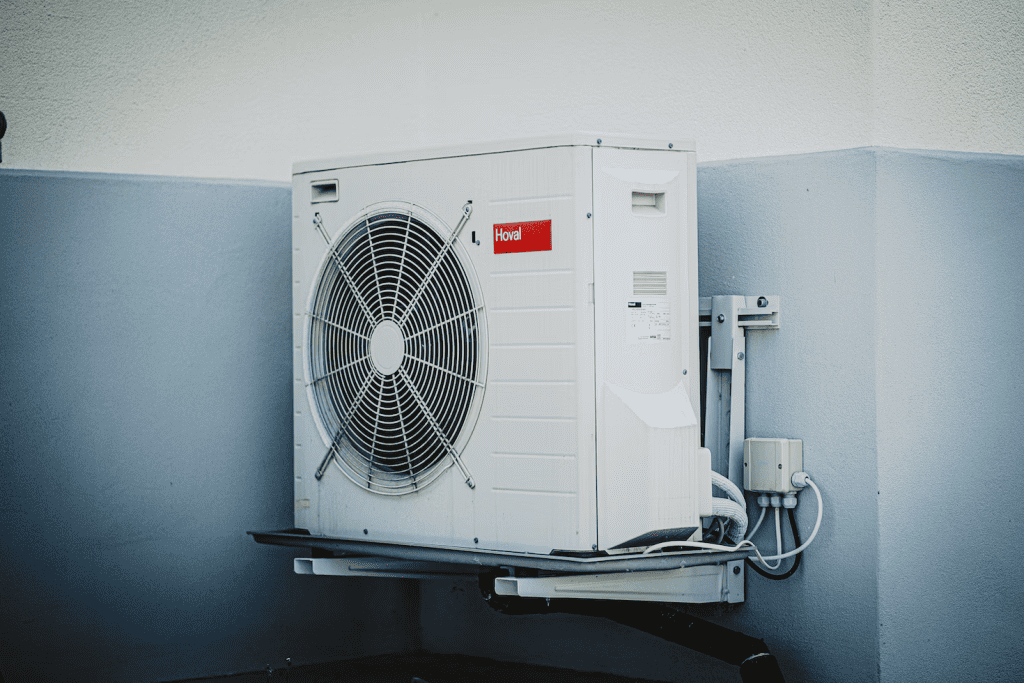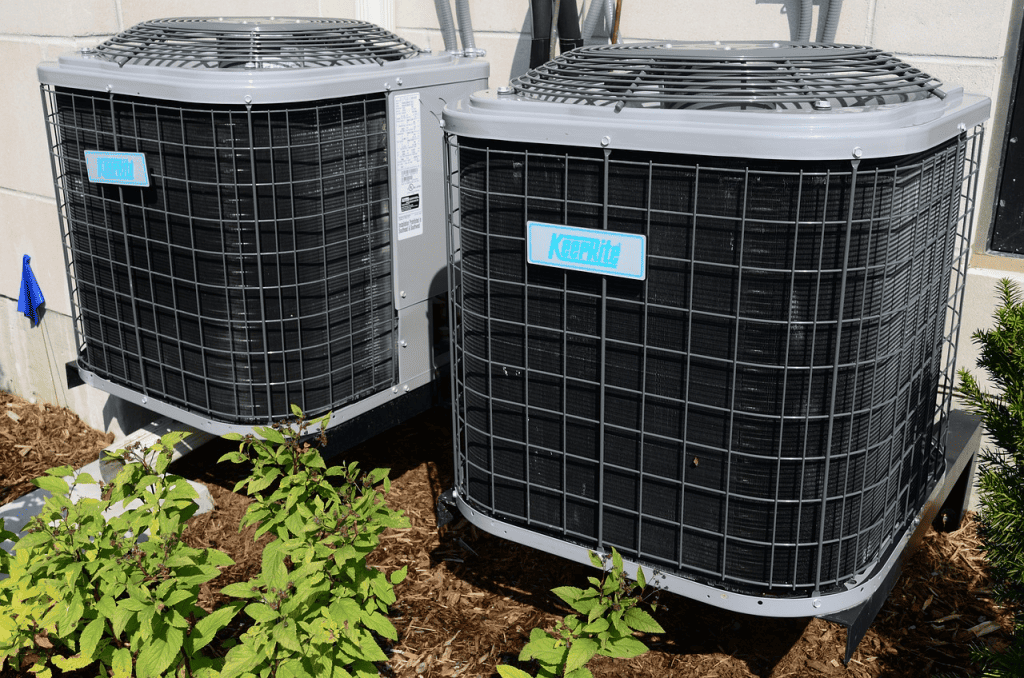
Purchase of an air conditioner can be one of the most significant investments a homeowner can make, which is why it is crucial to understand all costs related to replacing one in your home. HVAC specialists require easy access to both your yard and interior of your house where the AC unit, furnace/air handler and evaporator coil are located, as well as your breaker box – however, that’s not all, so read on and learn about the process.
Cost
Replacement air conditioners can be an expensive undertaking, but will save money in the long run. Maintaining reliable units helps your family remain comfortable, while cutting energy waste will leave your wallet satisfied as well.
Based on your needs and preferences, you have two installation options for replacing an AC system: change-out and full. A change-out only involves replacing just the AC unit it while full installations include new ductwork as well. Each option impacts the final cost of replacement which includes unit price, labor fees, and ductwork cost and installation location considerations.
If your air conditioning repair costs have become prohibitively costly, it may be time to consider replacing it altogether. Constant repairs add up, so consult a professional as they can help assess whether repairs would be more economical than replacement.
As it’s also essential that your AC system be appropriately sized for your home, according to this article. A unit that is too small will not effectively cool your space while too much airflow won’t effectively circulate throughout. To find the appropriate size system for you, locate its nameplate and take note of its make, model, and serial number. Afterward, visit an appliance store or HVAC dealer and locate one compatible with both ductwork and climate conditions.
Energy Efficiency
Newer air conditioners are significantly more energy-efficient, using less power for operation, which will lower energy bills and reduce carbon emissions. Their increased efficiency also means fewer costly repairs are likely necessary; although savings will vary depending on the size and type of system chosen by each homeowner.
A HVAC Longmont contractor can assist in selecting an air conditioning unit with sufficient capacity for your home, ensuring it will provide optimal cooling without overworking itself or leading to mechanical problems early.
An ENERGY STAR(r) high-efficiency model can cut your energy usage by as much as 15% and may even come with incentives from your energy provider!
Your energy use can also be reduced by installing a programmable thermostat, sealing leaks in your attic and walls, adding ceiling fans, insulating ducts and installing Energy Star(r) windows – these measures have the potential to lower air conditioning usage by up to 30%!
If your current air conditioner was produced prior to 2010, it could use Freon refrigerant as its refrigerant. Unfortunately, studies have demonstrated that Freon depletes ozone layer protection in our atmosphere, so its use has been phased out over time. If that’s the case with yours, consider switching brands or replacing it with one which doesn’t use this chemical refrigerant instead.
Noises
If your air conditioner emits noises such as rattling, banging, or squealing it’s imperative that you act quickly. These sounds could indicate serious problems requiring costly repairs or even if you need to replace your home air conditioner as opposed to just fixing it. Delay could only compound these issues over time.
Whirring noises resembling helicopter blades may indicate a fan issue on either your outdoor unit or indoor blower, such as debris getting lodged inside and displacing or loosening its connections, leading to fan noise that sound similar to helicopter blades.
Another common AC noise is pulsing. While it is normal, loud and rhythmic pulsing could indicate something inside is loose that could compromise efficiency or pose a fire risk, so it’s crucial that issues with loose parts be quickly rectified.
If opening up your unit is too much of an undertaking for you, there are other methods available to you to make it quieter. A sound blanket placed over it will muffle the compressor’s sounds; installing shrubs or sound-dampening fencing around your unit can block noise from coming through windows; you could even remove its top and add an absorber pad that reduces noise output when running;

Installation
An HVAC professional (https://www.neit.edu/blog/what-is-an-hvac-technician) is best for these types of operations and will also recommend an appropriate unit size for your home. An improperly sized system may lead to premature wear and tear, reduced lifespan and higher energy bills as well as create an uncomfortable living experience in your home.
Installing an energy efficient air conditioner can significantly lower your energy bill. Upgrading to a programmable thermostat gives you greater control of temperature control in your home while potentially cutting energy costs by 10% or more.
Installation for a new air conditioner typically takes three to five days depending on the size and complexity of your house and ductwork, with optimal timing being early spring in moderate climates; otherwise it can be done any time during the year in moderate regions.